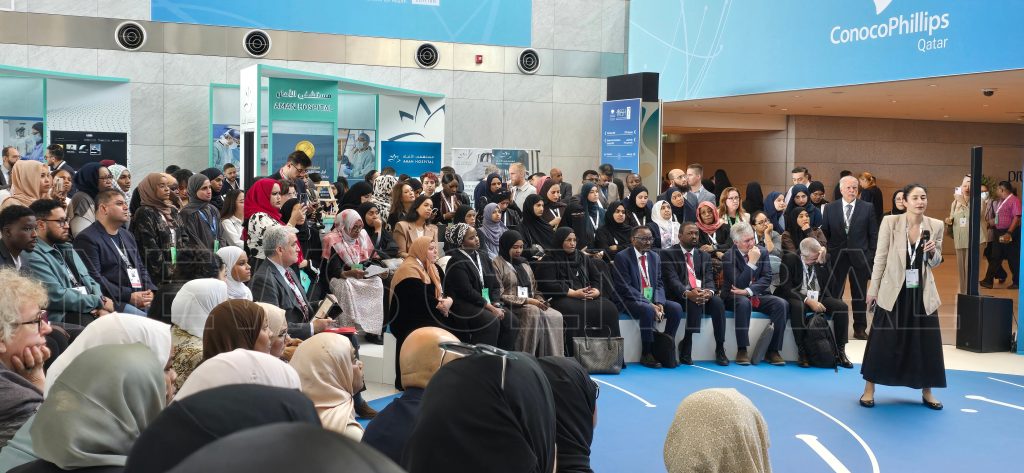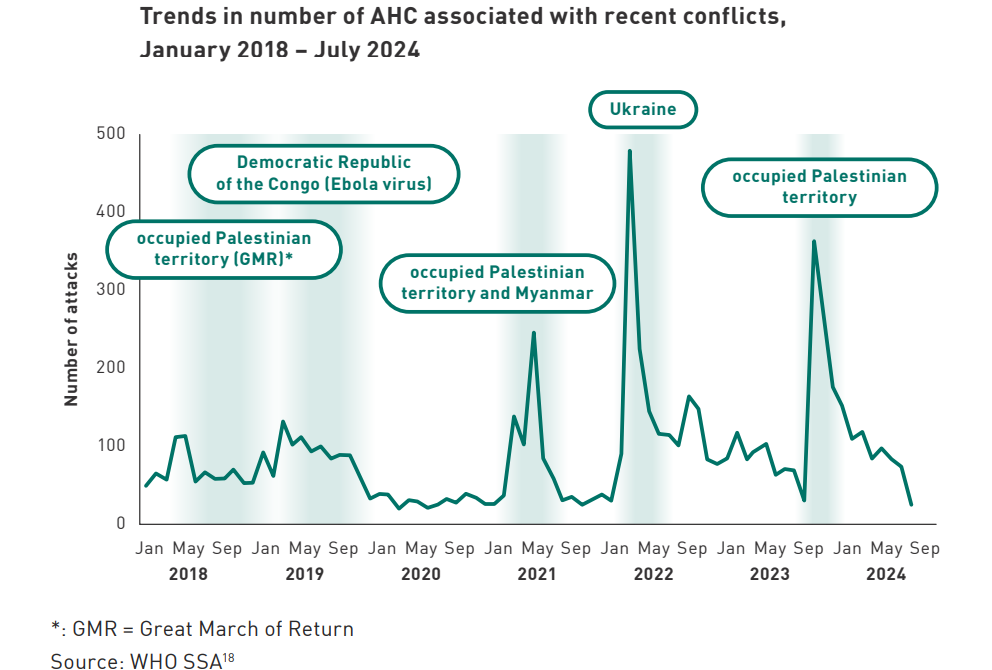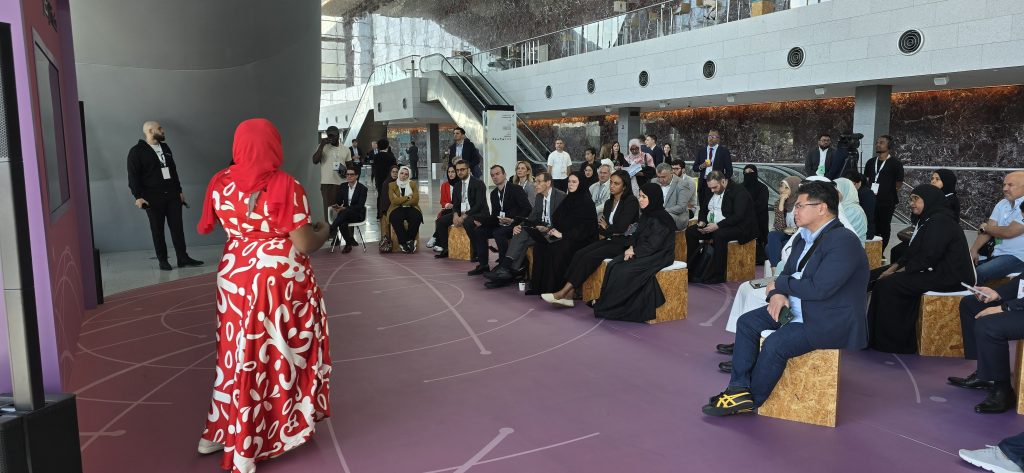The World Innovation Summit for Health (WISH) is underway in Doha, where global leaders and health experts have convened to address pressing health challenges. This year’s summit holds against a backdrop of alarming trends in conflict-related attacks on healthcare, as highlighted in a recent report that underscores the urgent need for international action to protect medical services in war zones.
During a session, Dr Christos Christou of Médecins Sans Frontières (MSF) highlighted the grim reality in conflict zones, saying, “there’s no one safe and nowhere safe in most of the places where we intervene.” His remarks paint a picture of the challenges facing healthcare in Syria, Gaza, Yemen, Ukraine, and Sudan, where conflict is tearing apart health infrastructure and depriving civilians of essential medical services.

The Summit, an initiative aimed at driving healthcare innovation, focuses on pressing health issues at a time when international humanitarian laws designed to protect healthcare are being increasingly violated. Stakeholders from around the globe are discussing how to better protect healthcare facilities, personnel, and patients in conflict settings.
In the line of fire
A just-released report, “In the Line of Fire: Protecting Health in Armed Conflict,” by WISH and the World Health Organisation (WHO), details the alarming rise in attacks on healthcare facilities. With over three attacks against healthcare happening daily, according to the WHO, the report recommends building reinforced health facilities with advanced warning technologies to alert them to incoming strikes.

Despite international laws safeguarding healthcare, the report documents bombings of hospitals, looting of clinics, and the blocking or killing of medical workers. These incidents have catastrophic effects on public health, denying vulnerable populations essential care. The report calls for a renewed effort to uphold international humanitarian law and protect health systems during conflicts.
The report also raises questions about how international humanitarian law fails to ensure healthcare protection and stresses the need for more significant action to end impunity. The recommendations call for diplomatic efforts, increased community engagement, and resilience-building among healthcare systems to withstand conflict challenges.

Delegates and stakeholders attending WISH 2024 have also called for stronger international measures, emphasizing the need for accountability to protect healthcare from becoming a casualty of war.
These calls to action come as conflicts in several regions escalate, with devastating consequences for health systems. The WISH Summit provides a timely platform for leaders, policymakers, and health professionals to explore adaptive strategies, such as building resilience through capacity building, community engagement, and better integrating protective measures into healthcare infrastructure.
The challenges are significant, but the summit offers a message of hope and a clear directive for the international community: healthcare must be protected, not only as a matter of human rights but as an essential component of peace and stability. The healthcare community, with international bodies, civil society, and governments, must take a bold, unified stand against attacks on health services to ensure that they are safeguarded, especially during conflict.

The Imperative to Act Now
As the WISH Summit progresses, it is evident that a comprehensive, collective effort is essential to mitigate the attacks on healthcare. Experts continue to emphasize the importance of accountability, robust diplomatic action, and sustained advocacy to uphold the right to health in conflict zones. Global action for millions of people in conflict zones and access to healthcare can mean the difference between life and death.


